literacy addiction my next step may be therapy. i’ve tried the helplines and at first they were okay. they at least kept the problem at bay
Literacy Addiction
My next step may be therapy. I’ve tried the helplines and at first
they were okay. They at least kept the problem at bay. Now it’s time
to face up to the problem, you know, confront it publicly, maybe talk
about it openly in self-conscious circles of fellow sufferers.
Yes, I’m hooked on literacy. Perhaps it’s a peer pressure kind of
thing, but what started as just dipping a toe in the water has ended
with me swimming with abandon at the deep end. In the process, it’s
transformed my teaching.
Remember those ‘before & after’ advertising formats used for lifestyle
products – chiefly diets, I think? They’d show a smudged black and
white photograph of someone looking fretful on the left (“before”).
Then there would be a colourful glossy image of a tanned smiling face
enticing us to try the diet ourselves (“After”).
The literacy impulse feels a bit similar for me.
BEFORE
AFTER
I wasn’t sure how much language work to do. Like most English
teachers, I taught language through literature
The distinction between ‘language’ and ‘literature’ now seems
old-fashioned and unhelpful. An emphasis on language runs through
everything I do – but without squeezing out any of my beliefs about
the centrality of literature
I’d feel that I ought to teach my students more grammar, but it never
worked, and certainly never led to improvements in their writing
Now grammar work is embedded in all classroom activities – except that
it’s not a passive matter of noun-spotting, but an active process of
exploring, rewriting, and messing around with texts
The aims and purpose of lessons could be unclear, especially on my
more self-indulgent days.
Now there’s more pace to lessons, clearer objectives, and greater
student involvement – and it’s leading to better quality work from my
students.
These are grand claims, and plenty of English teachers won’t share my
commitment to the literacy framework for key stage 3. But this – I
suspect – is often because people haven’t internalised it. The key to
the success of literacy work is not a naming-of-parts approach, but a
whole teaching style. These are its key ingredients:
*
Clear objectives, communicated to the whole class
*
Fast pace – short activities, rapid progression
*
An emphasis on whole-class teaching to create a really
collaborative sense of progress
*
An emphasis throughout on helping students to improve their own
work – it isn’t about spotting features in texts for the sake of
it.
*
A workshop approach to writing – with the teacher as ‘lead
writer’, actively exploring the effects of texts, on an OHP or
whiteboard, at the front of the class
*
A move from dependency of the students to independence, from
supporting their work, to providing scaffolds, to leaving them to
work on their own
And still at the heart of all of this is a continuing belief that one
of our most fundamental responsibilities is to get our students hooked
on texts. Reading, and talking about reading, is the central part of
the job. Literacy isn’t a strait-jacket but a hugely motivating
breakthrough – for teacher and student alike.
5 hints for building the literacy framework into your work:
*
Go back to basics. The two most powerful elements in good teaching
are (a) clearly stating what we want students to learn at the
start of each lesson, and then (b) summarising and reviewing
progress at the end.
*
Work on small, manageable extracts of texts to build students’
confidence. Working on a class reader? Spend fifteen minutes
exploring the style in one paragraph, or one sentence – but do it
actively. Get students to rewrite, change tense, delete modifiers,
change the genre.
*
Use an OHP more, tinkering with texts at the front of the class,
inviting student suggestions for how to improve a piece of
writing. This will link language features to effect.
*
Don’t get too hung up on grammar. What we’re really doing here is
focusing on the writing process – how to write better. Technical
terms don’t, in themselves, help that process: they simply create
a kind of short-hand for talking about texts, and build students’
knowledge of the writing process.
*
Read lots of genres. Broaden the diet of students’ reading in your
classroom, using short extracts from a bigger range of texts. See
Genres for a collection of fiction and non-fiction genres. Don’t
get too hung up on ‘literary’ versus ‘non-literary’ non-fiction.
It’s a phoney distinction: just read lots of texts, but make it
active.
10 new text-types to try out in your classroom:
*
Sports writing
*
Transcripts of conversation – from real life, soap operas, etc
*
Email conventions
*
Cookery writing (especially Nigel Slater and Nigella Lawson)
*
Leaflets
*
Other marketing sources – eg breakfast cereal packets
*
Science writing (John Carey’s Faber Book of Science) is
indispensable.
*
Instructional writing – from recipes to how to programme a video
recorder
*
Unauthorised versus authorised biographies eg Richard Branson, or
Posh and Becks)
*
Websites
Geoff Barton recommends:
To build your pupils’ grammar knowledge – with homework reinforcement
sheets – see Grammar Essentials, the grammar book which was highly
commended in the English Speaking Union awards
To get a bigger range of genres into your classroom, see Genres, which
contains a huge number of accessible texts for key stage 3 and 4.
 NORTH AMERICAN GEOLOGICMAP DATA MODEL STEERING COMMITTEE SCIENCE LANGUAGE
NORTH AMERICAN GEOLOGICMAP DATA MODEL STEERING COMMITTEE SCIENCE LANGUAGE ERASMUS MUNDUS PROGRAMME MOVER MOBILITY LOT 13 20122013
ERASMUS MUNDUS PROGRAMME MOVER MOBILITY LOT 13 20122013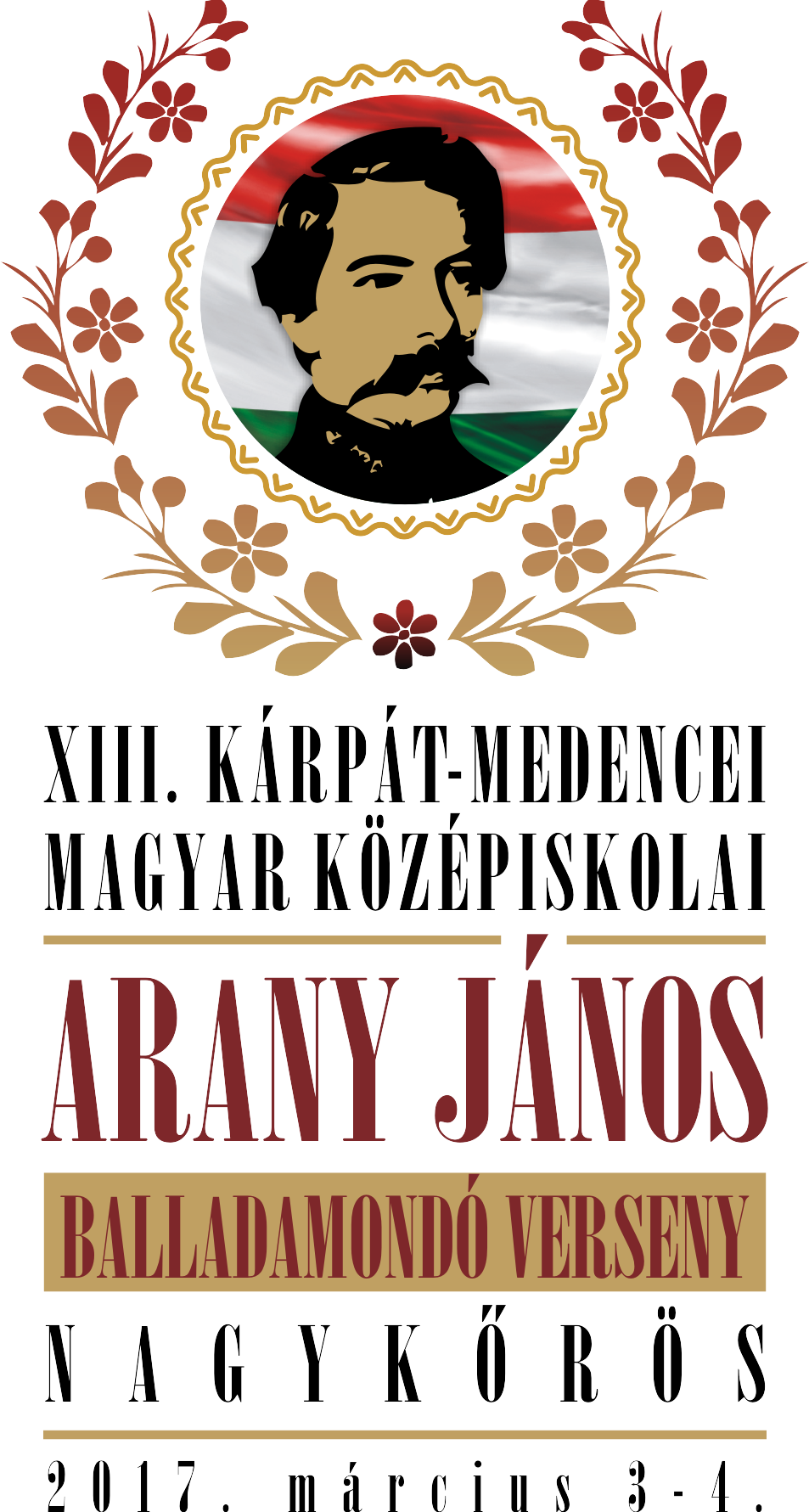 XIII KÁRPÁTMEDENCEI MAGYAR KÖZÉPISKOLAI ARANY JÁNOS BALLADAMONDÓ VERSENY 2017
XIII KÁRPÁTMEDENCEI MAGYAR KÖZÉPISKOLAI ARANY JÁNOS BALLADAMONDÓ VERSENY 2017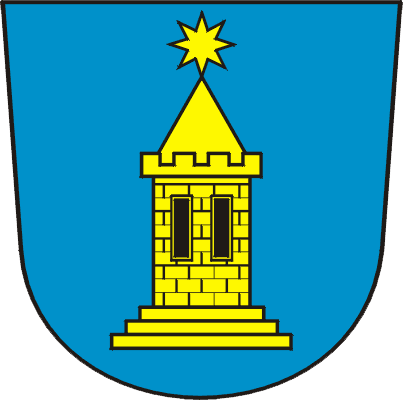 MĚSTO HOLEŠOV ZADÁVACÍ DOKUMENTACE STAVBY PODLE ZÁKONA Č 1342016
MĚSTO HOLEŠOV ZADÁVACÍ DOKUMENTACE STAVBY PODLE ZÁKONA Č 1342016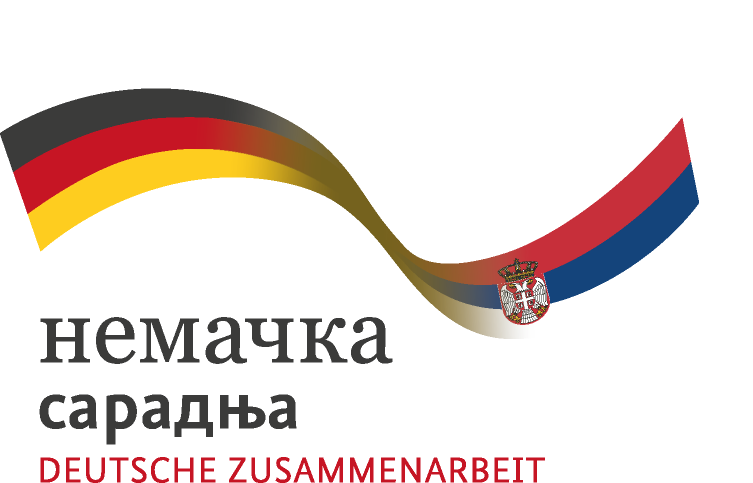 PROJEKAT “OSNAŽIVANJE MLADIH ROMSKIH PORODICA” BROJ DATUM BIZNIS PLAN
PROJEKAT “OSNAŽIVANJE MLADIH ROMSKIH PORODICA” BROJ DATUM BIZNIS PLAN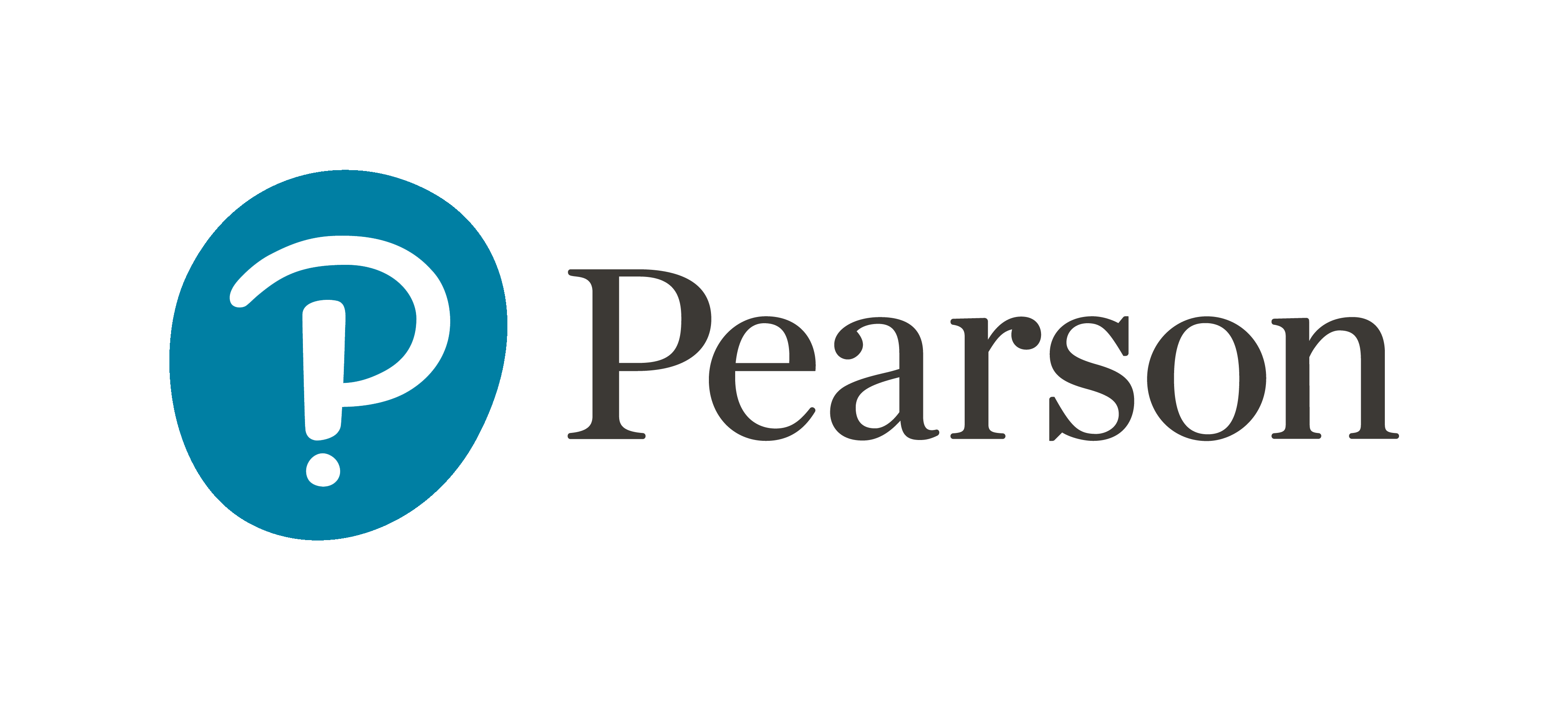 PROPOZYCJA PLANU WYNIKOWEGO DO PODRĘCZNIKA ENGLISH CLASS B1 PLANOWANIE
PROPOZYCJA PLANU WYNIKOWEGO DO PODRĘCZNIKA ENGLISH CLASS B1 PLANOWANIE A LUMNOS PENDIENTES DEP DE MATEMÁTICAS CURSO 20092010 2º
A LUMNOS PENDIENTES DEP DE MATEMÁTICAS CURSO 20092010 2º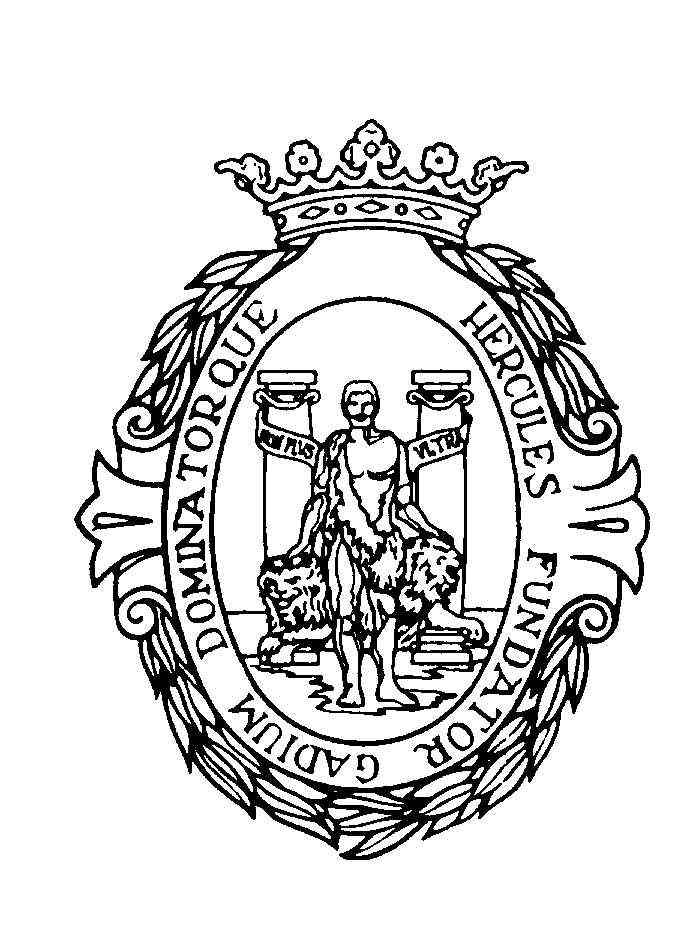 AYUNTAMIENTO DE CADIZ SEGURIDAD CIUDADANA Y TRÁFICO
AYUNTAMIENTO DE CADIZ SEGURIDAD CIUDADANA Y TRÁFICO  BUDYNEK BIUROWY „RADWAR BUSINESS PARK” PRZY UL POLIGONOWEJ 3
BUDYNEK BIUROWY „RADWAR BUSINESS PARK” PRZY UL POLIGONOWEJ 3